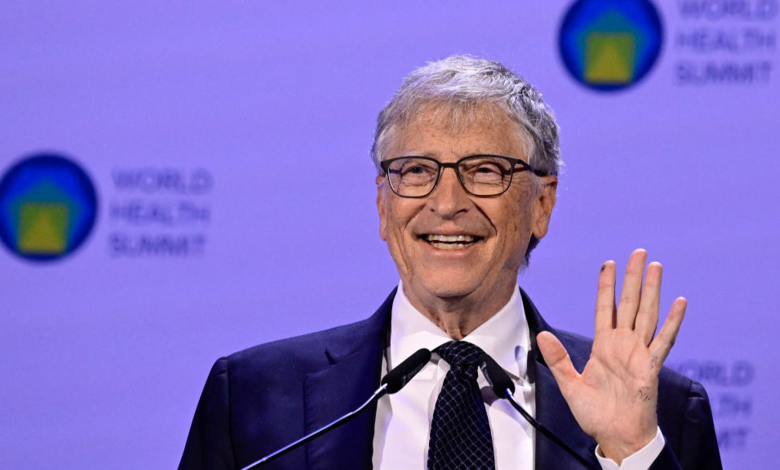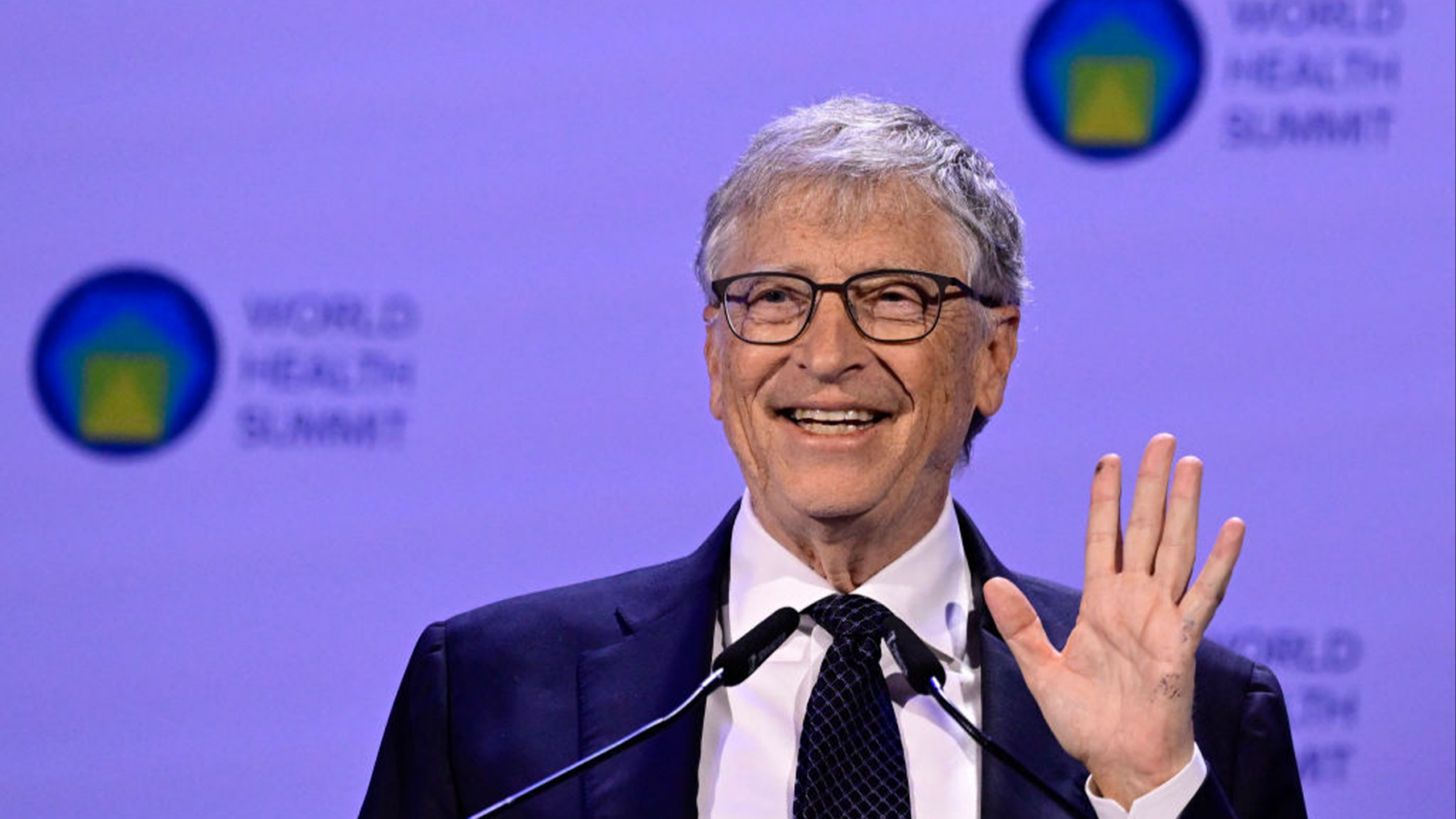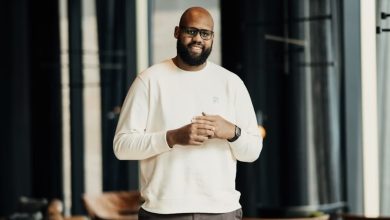The Gates Foundation Seeks To Cement Its Legacy With $200B Global Health Investment


At a time when many billionaires were expanding their empires or chasing vanity projects, Bill Gates was choosing a different path. According to Fortune, the Gates Foundation, one of the most influential philanthropic institutions in modern history, has announced a final, ambitious chapter: a $200 billion commitment over the next 20 years to tackle some of humanity’s most pressing problems, after which the foundation will close its doors permanently.
This is not a rebranding effort or a gradual fade into the background. It is a strategic decision to concentrate every remaining resource for maximum global impact. With this move, Gates places a historic bet on humanity’s ability to collaborate, innovate, and confront inequality head-on.
Gates Foundation Sets 2045 As Its Final Year
Gates is donating nearly all of his remaining personal wealth—an estimated $100 billion—to the Gates Foundation, effectively doubling its resources. The foundation will now operate with a projected total of $200 billion to be fully spent by December 2045, after which it will permanently close.
The choice to sunset the foundation reflects Gates’ belief that urgency can fuel greater ambition. “…Why not bet on the team we have and get all the way to elimination for many of these diseases?” Gates told PBS NewsHour, adding, “…We can probably do more good in the next 20 years than the last 25.”
The foundation has already played a key role in reducing global child mortality and expanding vaccine access across 135 countries, according to Fortune. However, Gates and his team believe that the next phase of work could eradicate multiple diseases, including polio and malaria, and significantly reduce others, such as tuberculosis and AIDS.
How The Gates Foundation Operates
The Gates Foundation functions more like a global innovation agency than a traditional grantmaker. With vaccines as its highest priority, it builds teams, develops strategy in-house, and partners directly with pharmaceutical companies, universities, and multilateral organizations. Gates has said the foundation is “the most hands-on” in its approach, especially when tackling complex health issues like tuberculosis, where few actors existed when the foundation began its work, per Fortune.
With over 2,000 staff worldwide and an annual payout expected to exceed $9 billion, the foundation is positioned to scale quickly and address health, agricultural, and educational needs in low-income countries. Mark Suzman, the foundation’s CEO, emphasized this model during the PBS interview, saying that philanthropic capital should be used “where the public sector and the private sector are unable to invest.” He highlighted the foundation’s $700 million investment in the first new TB vaccine in over a century, calling it a high-risk, high-impact endeavor that government alone would not fund.
Fortune further outlined that this hands-on ethos has also shaped the foundation’s work in agricultural resilience, particularly in response to climate change.
A $200 Billion Effort Meets Global Headwinds
Despite its resources, the Gates Foundation is confronting a global environment marked by retreating public support. According to Fortune, foreign aid from key donor nations has fallen dramatically in recent years. Led by the Trump administration’s essential closing of the U.S. Agency for International Development (USAID) and exit from the World Health Organization, the United Kingdom has also cut its budget by 40%, France by 37%, and the Netherlands by 30%.
This rollback, Gates warned, could reverse decades of progress. “We’re already seeing the deaths of children go up,” he told PBS. “That’s tragic, where after 25 years it’s been constantly going down. Now it’s going back up.” He has also been vocal about lobbying U.S. lawmakers, stating in the interview that “President Bush persuaded Congress back in 2002 to do this PEPFAR [U.S. President’s Emergency Plan For AIDS Relief].”
Suzman reinforced the urgency of collaboration. “Even with our $9 billion a year, that doesn’t remotely fill that gap,” he said. “We want to show [other funders] that this is the most impactful set of investments they could possibly make to save and improve human lives.”
Redefining Legacy And Reimagining Power
Fortune adds that the Gates Foundation has transformed philanthropy, but not without criticism. Some scholars argue that such concentrated influence risks weakening trust in public institutions. Others have taken issue with the foundation’s approach to agriculture, which emphasizes higher-yield technologies over local farming traditions.
Gates welcomes strategy critiques. “We’re picking this malaria construct or this TB construct, and we can make mistakes,” he told Fortune. “People out there saying, ‘No, that’s wrong, you should be doing this’—that’s really very good.” But he draws a line at blanket skepticism of philanthropy. “Not many people would say, ‘No, I wish he was buying a yacht. The world would be so much better off.’”
Even as criticism mounts from both political extremes, Gates and Suzman remain committed to innovation, impact, and transparency. The foundation’s work in vaccine equity, nutrition, reproductive health, and AI innovation continues to influence global development strategies.
Join The Mission Or Carry It Forward
Gates’ commitment is not only financial but also cultural. Since co-launching the Giving Pledge with Warren Buffett in 2010, he has called on the world’s wealthiest individuals to give more intentionally. As of last year, 244 billionaires have signed the pledge “to donate at least half of one’s wealth at or before death.”
Speaking with PBS, Gates noted the significance of those collective efforts. “Even the rich people in many of these countries, like Indonesia and Vietnam and Nigeria, are coming along to partner in these efforts,” he said. But he acknowledged the shortfall, adding, “…we’re asking them for 1 to 2 percent of their money for this. Without that, we won’t be able to achieve our goals.”
Looking ahead, Gates remains hopeful that others will take the baton. “Other people could later beat it. I hope they do,” he told Fortune. “At the end of 20 years, there will be many other rich people. They’ll be more up to date about what governments are doing, what science is doing, and how things are going in the poor parts of Asia or Africa. And they can step in and carry on whatever we’re not able to finish.”




